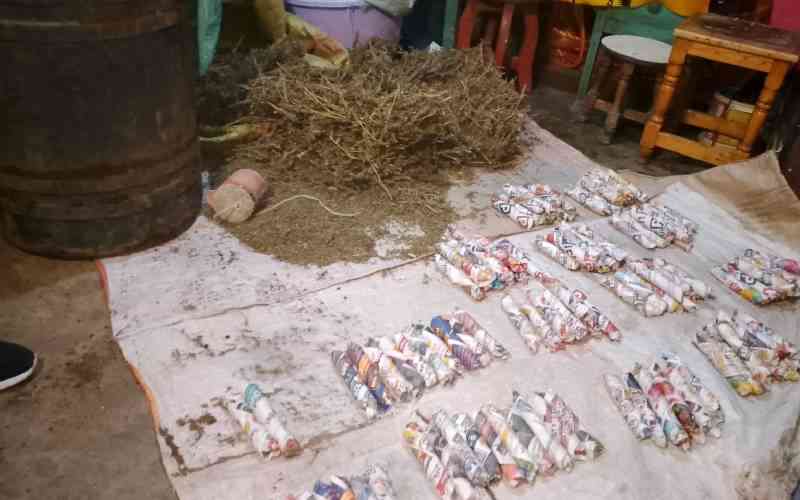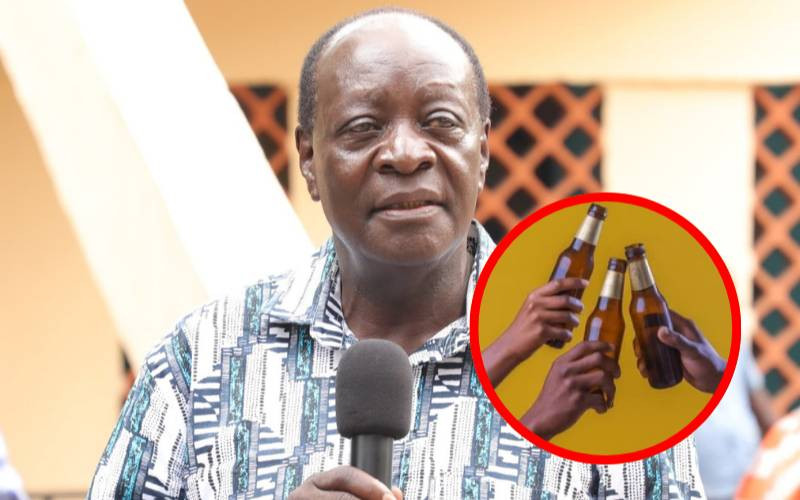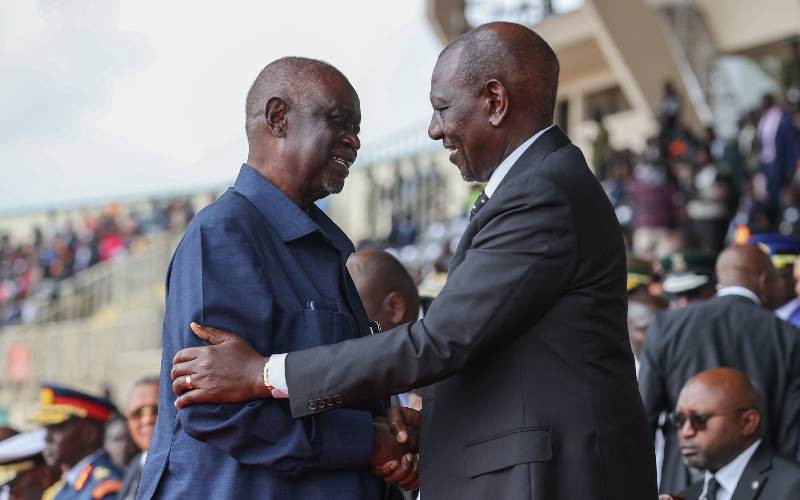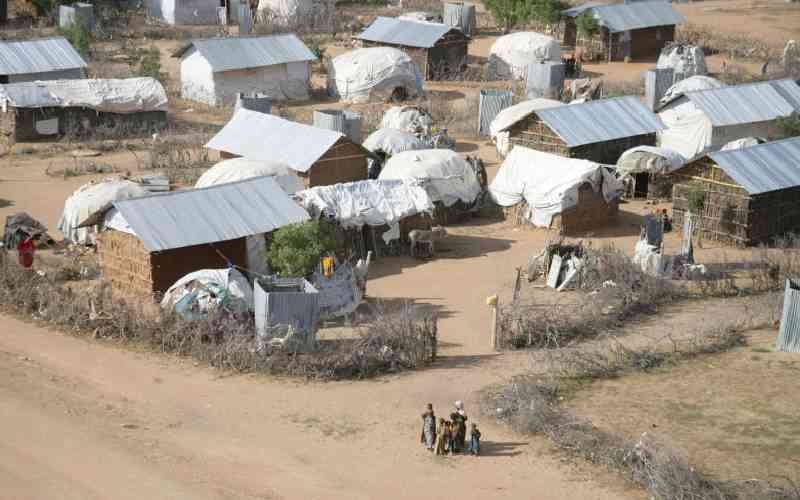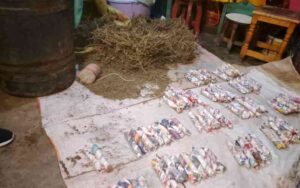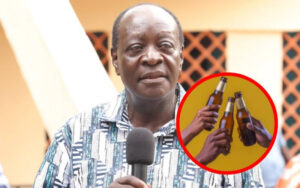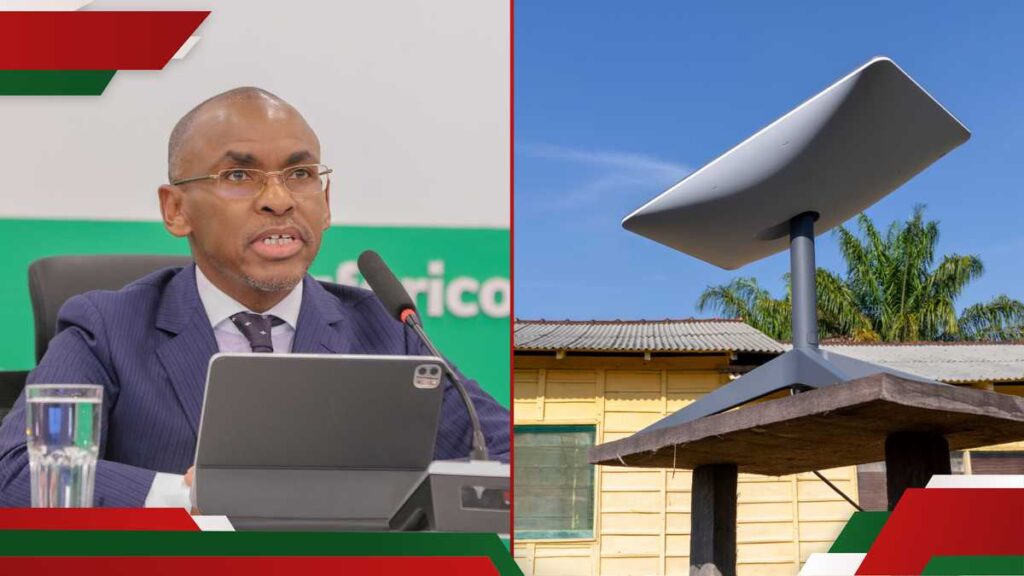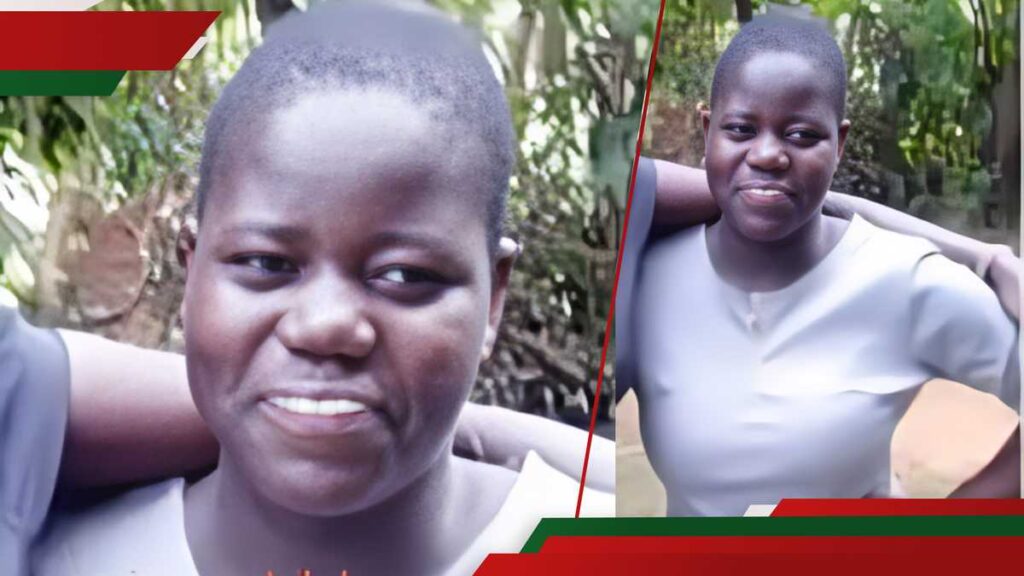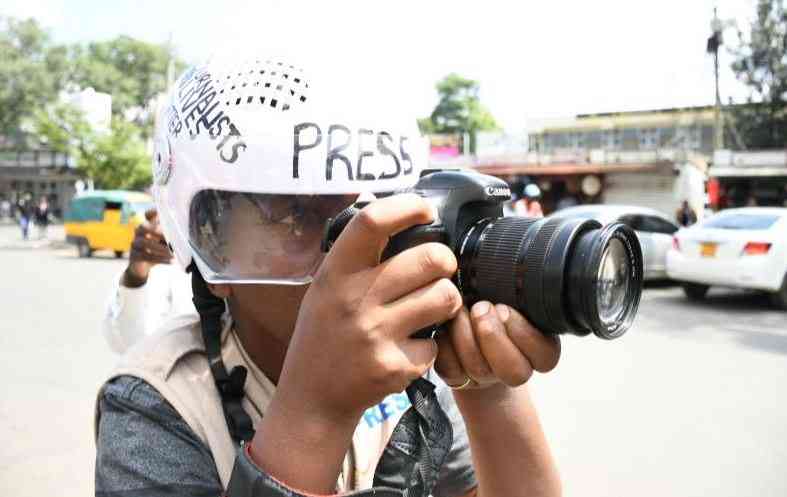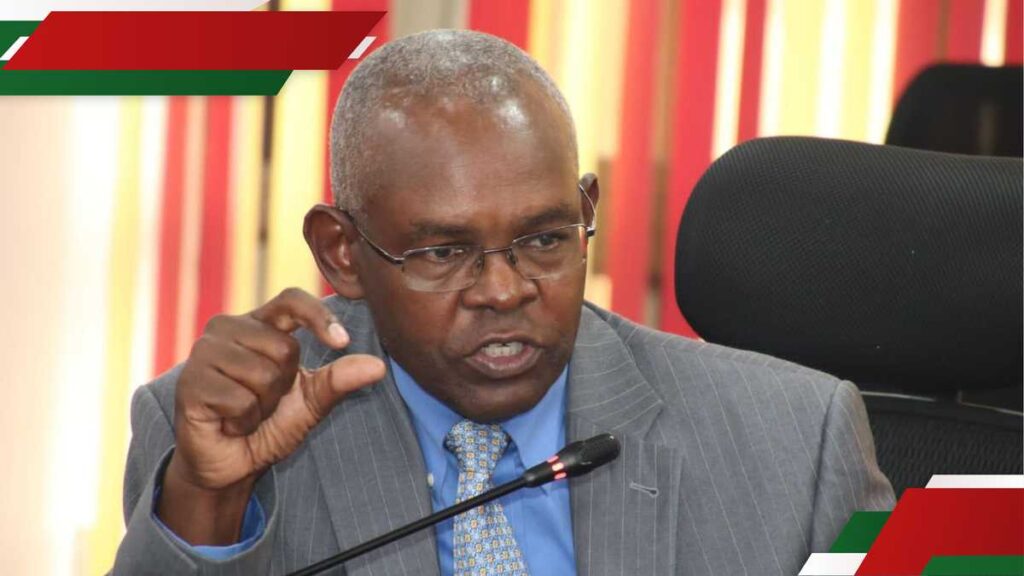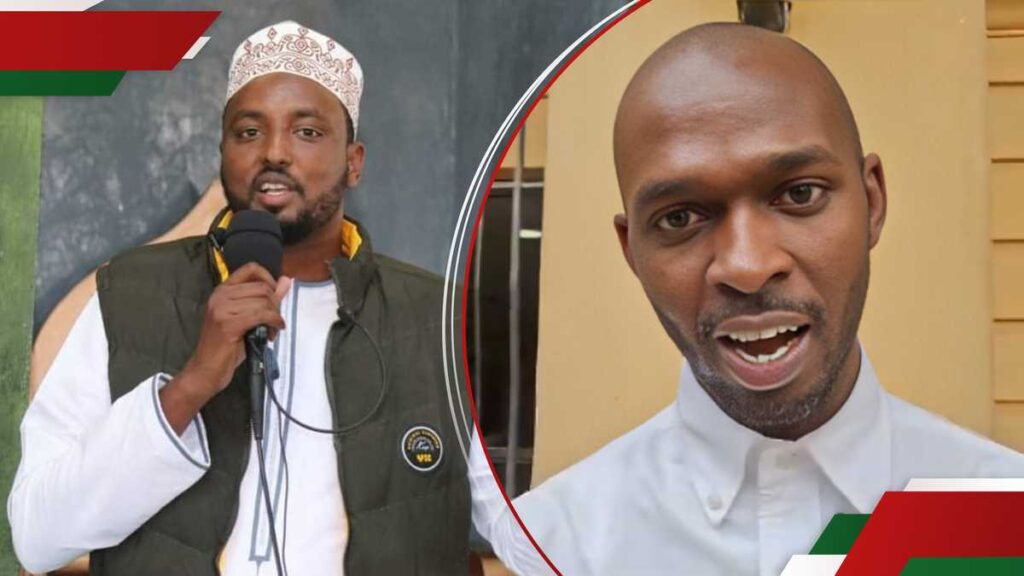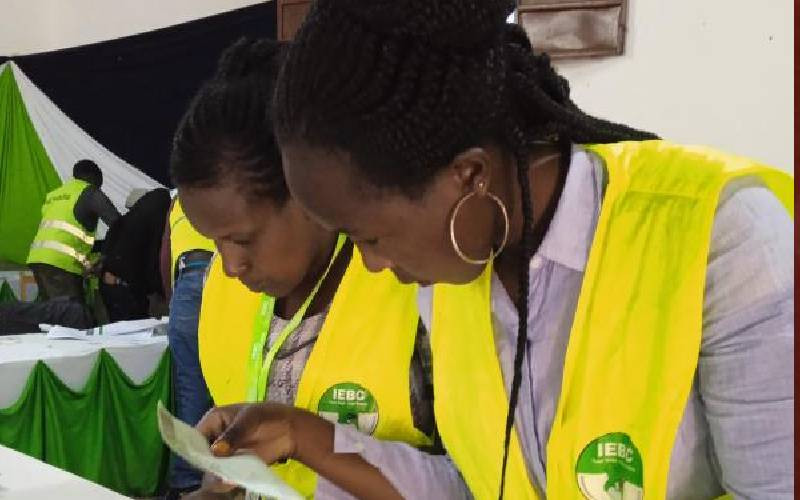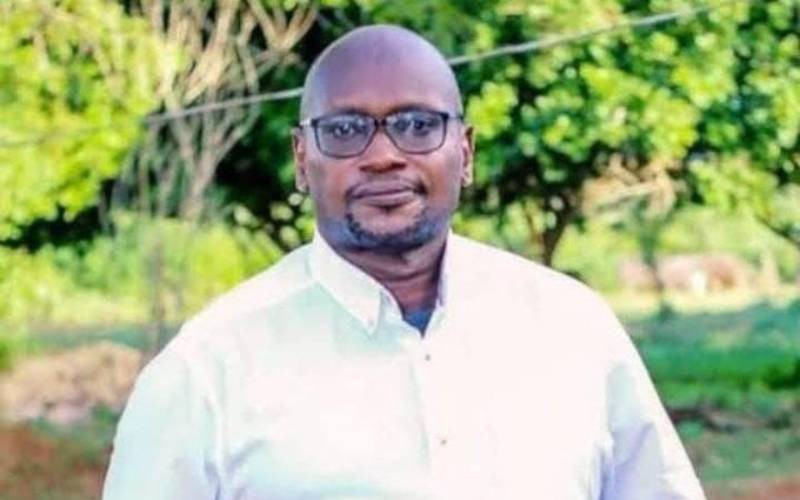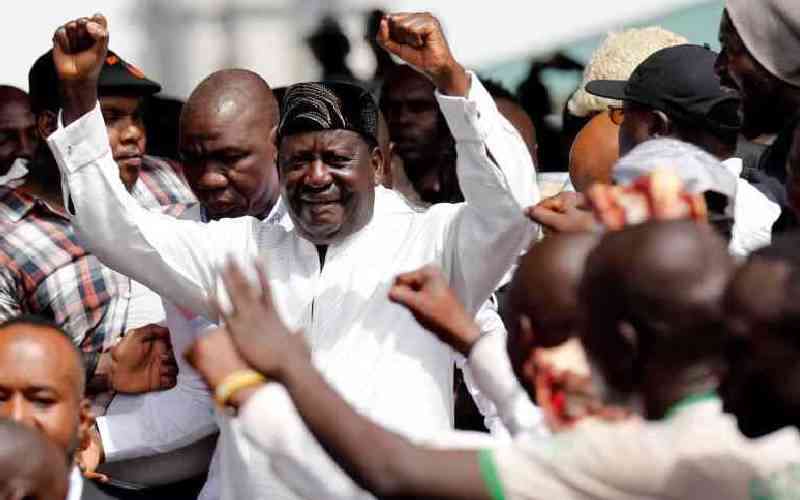The High Court has ordered the government to deregister at least 40,000 Kenyans from the refugee list and issue them national identification cards within 60 days.
Justice John Onyiego, in his judgment on Tuesday, said that the government violated the Constitution by remaining silent while citizens languished for lack of nationality despite being citizens by birth.
Justice Onyiego observed that the Ministry of Interior had already vetted the victims who surrendered their nationality by registering themselves as refugees at Dadaab refugee camp to get food rations during the drought and sourcing for medical care.
The Judge said that if the government was diligent enough, it ought to have offered the services and items required for all.
He asserted that those affected had to lie because of the circumstances they found themselves in.
The Judge said that being registered a refugee despite being a Kenyan was the only way of survival.
“Had the government made available basic provision like food, water, shelter or health services, this situation would not have arisen,” he said.
Similarly, due diligence ought to have been applied by the concerned registration agencies by sieving and ascertaining genuine refugees.
“Although the victims voluntarily lied about their status, it was inevitable. That alone cannot be a ground to lose their citizenship which is their birth right or be declared stateless. They deserve to repossess it no matter what subject to following due process within a reasonable period of time,” said Justice Onyiego.
In the case, the court heard that for a plate of food, Hamdi Mhamed Muhumed, 23, unwittingly surrendered his nationality.
Faced by the possibility of starving or dying of thirst, his mother chose to walk to the Dadaab Refugee Camp and register him as a refugee.
Her mission was simple: to keep him alive.
Little did she know that the moment his name was entered into the refugees’ register by the United Nations High Commissioner for Refugees (UNHCR), his birth right as a Kenyan became debatable.
Today, Mhamed is still paying the price. Simple things like opening a bank account, accessing business premises, health services, education, or formal employment are illusions.
He does not have a national identity card.
Besides, he no longer gets the rations meant for refugees, as UNHCR disowned him after the State vetted him alongside 19,000 others in 2016 and ascertained that they were Kenyans.
Stay informed. Subscribe to our newsletter
Mhamed and three others sued the State, on behalf of 40,000 others, seeking to be identified as Kenyans.
“Double registration is a situation where genuine Kenyans in areas close to refugee camps such as Dadaab were registered as refugees. They are in the refugee database so as to have access to the necessities available to refugees such as medical services and food, especially during the drought periods in their areas,” their lawyer Yussuf Bashir argued.
Mhamed, Sahal Abdi Amin, Deka Muktar Gure and Haki Na Sheria Initiative in their case argued that since the victims were vetted five years ago and it was ascertained that they are Kenyans, they have never been issued with identification cards.
The court heard that at least 14,762 people who are refugees in their own country are from Garissa and 4,952 are from Wajir.
The lawyer said that 40,000 Kenyans are double registered and cannot get national ID cards.
“This happened majorly during the periods of drought and hunger when such parents had no means to cater for their large families and unaware of the future repercussions on such children, they, with the best intention to provide for the children, rushed them to the refugee camps,” argued Bashir.
“The respondents have failed and continue to fail to fulfill their obligation in ensuring that all Kenyans, specifically from the marginalised communities in Garissa and Wajir counties, have access to and enjoy socio-economic rights,” he added.
The lawyer said majority of those on the list were registered as children who had no control of what was happening.
According to him, the government vetted the group several times, including in 2019, but the exercise always ended without ID cards.
Those sued were the Attorney General, Interior Cabinet Secretary, Director of National Registration Bureau, Commissioner of Refugees, and UNHCR.
Mhamed said although he does not remember when his name ended up on the list of refugees, he would have objected to it if he knew the repercussions.
“I am a bona fide Kenyan born to Kenyan parents, and my life is on hold because of lack of the nationality document,” said Mhamed.
He feared that when Dadaab camp is closed, he would be taken to Somalia despite his birthplace and parents being in Kenya.
In response, the government through the Attorney General argued that those in court came with unclean hands.
The AG stated that it is illegal and a criminal offence for a Kenyan to register as a refugee in his or her own country.


